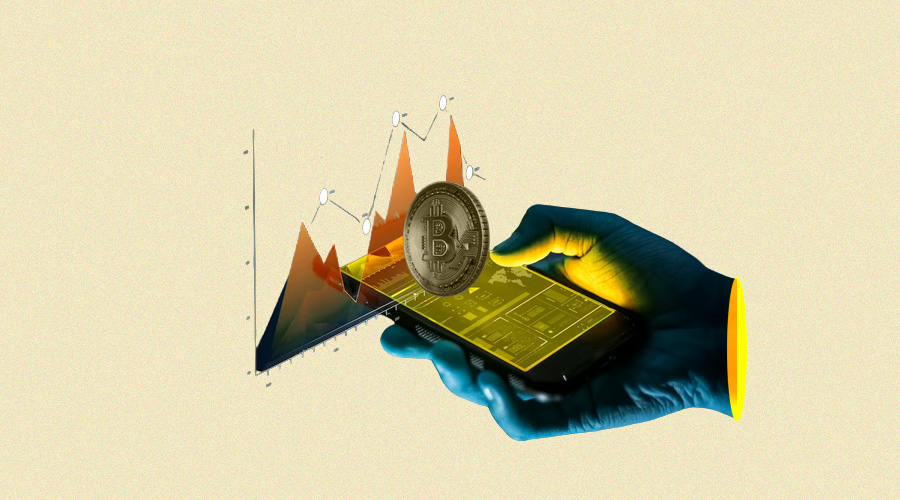 World’s largest crypto trading platform Binance said that it could no longer serve Dutch clients
World’s largest crypto trading platform Binance said that it could no longer serve Dutch clients
Cryptocurrency exchange Binance said it would leave the Netherlands after rejecting the company’s application to register under the Dutch crypto authorization regime. Referring to a virtual asset service provider, Binance said it could no longer serve Dutch clients “as we have been unable to register as a VASP with the Dutch regulator.”
Binance said it could no longer serve Dutch clients, as it has been unable to register as a virtual asset service provider with the Dutch regulator. Starting Friday, no new Binance users will be accepted onto the platform, and the company will cease allowing users to buy tokens, trade, or make deposits from July 17. The crypto trading platform said it remains “committed to working collaboratively with regulators worldwide” and wants to get its business compliant with the incoming EU crypto regulations.
A few days ago, Binance.US, the American affiliate of Binance Holdings founded by Changpeng Zhao, laid off an unspecified number of employees as the crypto firm prepares for what is likely to be an expensive legal battle with US regulators. One of the sources said around 50 people were laid off. Reuters was unable to verify the number or seniority of employees affected independently. A Binance.US spokesperson has yet to respond to emails and calls seeking comment.
As of June 2023, Binance (BNB) is one of the largest cryptocurrency exchanges in the world, with a volume of $8.3 billion. Initially using the ERC 20 standard on the Ethereum blockchain, Binance (BNB) token has since evolved into the native token of the Binance chain. It had a strict limit of 200 million BNB tokens released during the ICO process in July 2017.
The cold wallet Is a feature that Binance (BNB) uses as it is not immediately linked to the web and is where most users’ money is kept. This aids in defending them against online dangers like attempted hacking and illegal entry.
Binance initiates the KYC procedure for individuals wishing to use the higher withdrawal limits. This increases general safety and lowers the likelihood of fraudulent conduct. Binance pays individuals who find flaws through its bug bounty scheme. Locals take active roles in recognizing and resolving possible threats.
Another measure that Binance uses is two-factor identification (2FA). Binance advises users to turn on 2FA for their respective accounts. Forcing users to enter a second form of authentication, such as a verification code generated by an authentication app, besides their passcode when signing in adds protection.
Protecting assets is crucial to everyone. But it’s also to understand that not all precautions are the best in the world. It all comes down to the respect and integrity of each other. Like a family, we need to have each other’s backs and respect each other because we are a part of the family.




